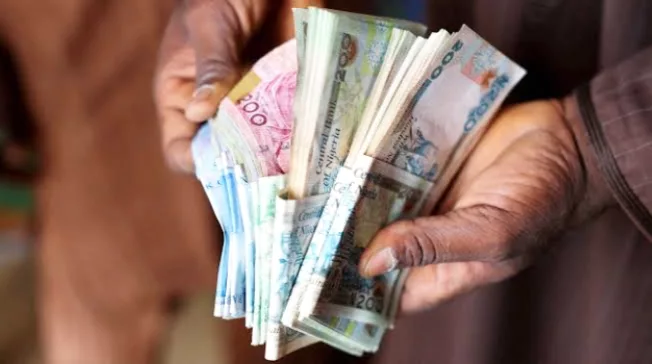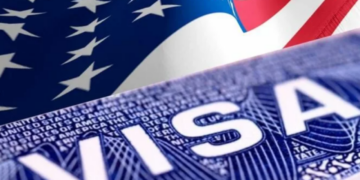To stem the current fall in the value of Naira against foreign currencies especially the United States dollar, financial analysts have advocated for hike in the interest rate on government assets.
Speaking to our correspondent in Lagos, Ayokunle Olubunmi, the Head of Financial Institutions Ratings at Agusto & Co, said the hike in interest rate will stem current investment in dollars against the Naira by Nigerians.
According to him, Nigerians were moving their investments from local securities because of low return on investment (RoI) compared to what they get on foreign securities.
“The return on investment in local currency is currently lower compared to the return on investment in foreign currency. For instance, if we are investing in euro bond, the yields are higher and with the continuous devaluation of the currency, we see that the return is high and even now is better because during the immediate-past Central Bank of Nigeria (CBN) administration’s interest rate on treasury security was very low.
“Another way to look at it is that the return on government security is less than 15 per cent, that is negative return for people investing in Naira assets. Definitely, investors will be moving to foreign securities. What can be done is to raise the rate for the Naira asset because since 2014 when Naira started falling, there were so many measures such as banning and unbanning of some items and it hasn’t worked.
“It’s difficult to win against the market because if you look at Ghana, you will see that they raised rate when they were having issues in 2022 and people were moving money into dollar and return on Treasury Bills increased significantly it got to over 30 per cent.”
Olubunmi, a former banker, stated that there was the need for government to increase rate on Naira asset to stop investors from diverting their investments into foreign currency.
“In 2024, we anticipate an increase in interest for government securities. The interest rate in Naira assets will increase as a way of steming the tide of people moving their investments into FX. Again, the main challenge in Nigeria is supply because the inflows are coming in trickles, so it will be difficult for all the issues to be addressed at once but we anticipate significant reduction and settlement of outstanding obligations with the CBN, so we believe that there will be some level of sanity and reprieve in the FX market this year.
“Lastly, the solution is a two-pronged approach such as increasing rate in Naira asset and also we will need to increase inflow into the market,” he added.
On his part, Chief Consultant of B. Adedipe Associates Ltd, Dr ‘Biodun Adedipe, said that economic growth and development rely heavily on investment, which is being hindered by the current conditions.
Adedipe, however, advised the Monetary Policy Committee (MPC) of the CBN to raise the Monetary Policy Rate (MPR) in order to increase interest rate and encourage investment.
He said, “inflation rate’s latest figure for December 28 is 92 per cent, Monetary Policy Rate, 18. 75 per cent, that’s a real differential which when interpreted means negative interest rate.
“So ordinarily for any central or reserved bank in the world, they want to reduce that differential and move it more to a positive real interest rate in which case, that is what will incentivise investment. That is a typical approach to orthodoxy in monetary policy.
“So, if we look at that alone, then we should expect that monetary policy rate will be raised by the Monetary Policy Committee which of course we have now a tentative agenda of its meeting commencing February this year.’’










